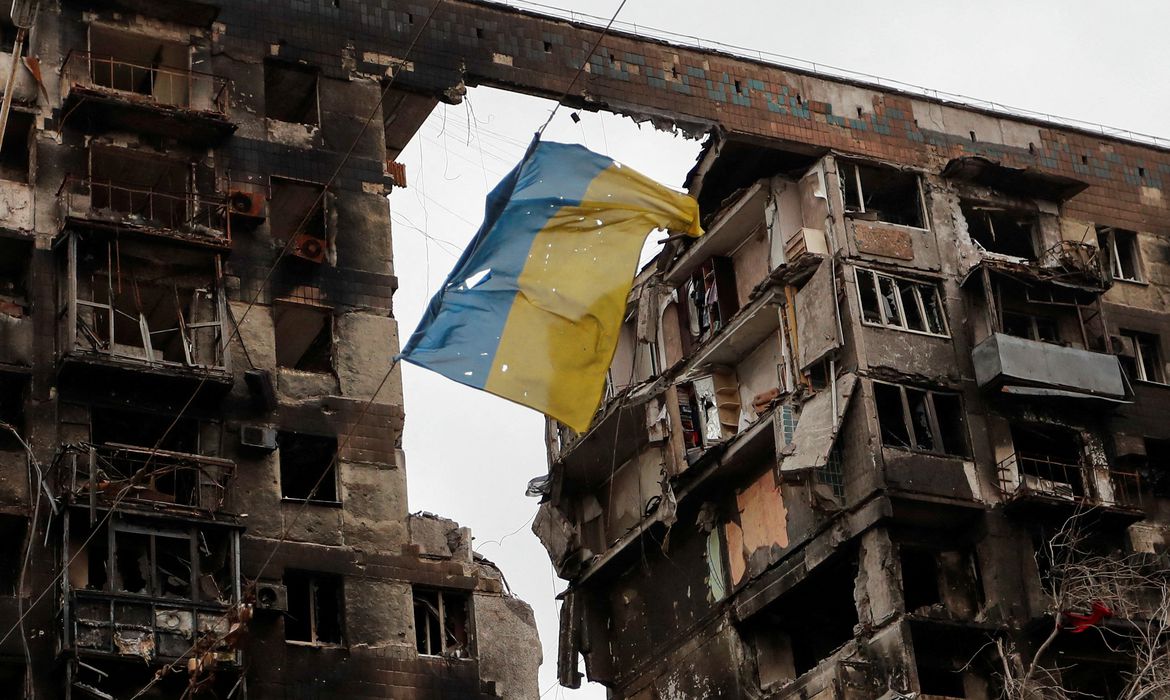
Published 06/07/2023 12:21
“Countries realize the nuclear powder keg we are all sitting on.” The analysis by economist Paulo Nogueira Batista Jr. talks about the possible outcomes of the conflict in Ukraine and highlights the serious situation the world is in, with growing risks, including the threat of a nuclear war. Nogueira makes an analogy between the decades prior to the First World War and the current scenario, pointing to worrying similarities. As at that time, there is an emerging power, China, which raises concerns in the current hegemonic power, the United States. In addition, there is a multiplication of points of tension and conflict that threaten great powers with a war with catastrophic consequences.
The author emphasizes that, historically, the deactivation of points of friction generated complacency, leading to the belief that a war would not occur. However, he warns that such complacency could be dangerous, as a current war would be nuclear and would result in the complete destruction of not only the countries involved, but the entire planet. In this context, extreme and catastrophic nuclear risk needs to be avoided at all costs.
Nogueira explores three possible scenarios for the outcome of the Ukrainian conflict. The first, it seems unlikely, would be a military victory for Ukraine. The second, less unlikely, would be a Russian military victory. Despite the support that the West gives Ukraine, Russia is far superior in terms of military, in economic terms, in terms of population compared to Ukraine. Finally, the third scenario is the extension of the war, of indefinite duration, with consequences both for the countries involved and for the global economy and other regions that suffer the economic consequences of the war.
Given this scenario, Nogueira highlights that countries like Brazil, China and Indonesia have sought, throughout 2023, to act as mediators between the parties involved in the conflict. “It’s not easy. Conflicts are very persistent, the distrust on both sides is very high, and the peace effort will be very difficult and will not bear fruit in the short term, but it needs to be tried and I believe it will continue to be tried because countries perceive a keg of nuclear powder in that we are all sitting.”
Watch the full below.
Source: vermelho.org.br

